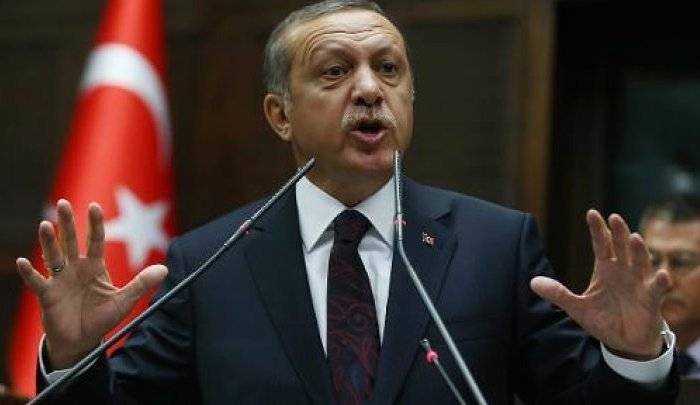US fight on the war on terror has shifted its pivot from Afghanistan to Syria and Iraq. Not only has the emergence of the self-styled ISIS unsettled the policymakers in Washington, it has also triggered the refugee crisis that has uprooted millions of people from war-ravaged countries. Many reports attribute the rise of Daesh to the policy blunders of Washington.
To right that wrong, and strengthen his peace legacy, President Obama is seeking the alliance of Muslim countries to dislodge the richest terrorist organization Daesh from Iraq and Syria. Turkey is one of the allies in US’s fight against Daesh.
There is a great deal of similarities between Pakistan and Turkey. Apart from being Sunni majority Muslim countries, they are combating non-state violent Islamist actors who had inflicted misery and chaos in the respective lands.
Turkey was initially reluctant to commit its land, military, resources and energy in this fight and the extent of its resistance to combat Daesh can be gauged by the frequently reported news items which implied Turkey extending its support to the terrorist organisation. The primary interest of the former is to curb the growing military strength of Kurds, a minority group in Turkey fighting for their self-determination and autonomy. Kurds have, till date, provided the most effective resistance to Daesh.
Turkey’s President Erdogan has been under excoriation for his growing appetite to Islamize his country. In recent elections Erdogan's Justice and Development Party (AKP) has suffered a massive vote plunge, which has reduced its ability to form the majority in order to amend the Constitution to a presidential form of government i.e consolidation of power in Erdogan's hands. To manage the reins of power again, AKP wanted to form a coalition government with the second majority party HDP, which has substantial voter base and majority links to Kurds. But the twist to this power game came when HDP refused to form the coalition.
It is widely believed that Erdogan wants to target the Kurdish voter base for voting against AKP. This is why Turkey is supporting Daesh to thwart Kurdish systematized efforts of resistance, which it has acquired by US support. Kurds are a minority ethnic group in Turkey which has been long fighting for self-determination and autonomy. Naturally they have had an acrimonious relationship with the government in the past. But to AKP’s credit, a peace truce was made between Kurds and government in 2002 for greater reforms in the Kurdish majority area. In reciprocation Kurds were to let go of the armed struggle.
Pakistan, meanwhile, has been bearing the brunt of its decision to patronize and espouse global jihadi mujahideens under the premiership of General Zia to crush Soviet invasion of Afghanistan and patronizing notorious Taliban who adhere to more literal and fundamentalist interpretation of Quran and Islam. Pakistan has finally realized the gravity of that decision and has now, in a series of successful military operations, wiped out the scourge of terrorism.
But the question remains: while Pakistan has realized its blunder, is Turkey going to realize its mistake? Will President Erdogan steer the country towards the point where Pakistan once stood and summon instability?
In recent weeks the demonstration of suicide bombings alongside the southern border of Turkey highlights the quagmire in which the country is stepping. It is high time the Turkish leadership rethought their policies and checked if their decision-making has become corrupted in one way or the other.






